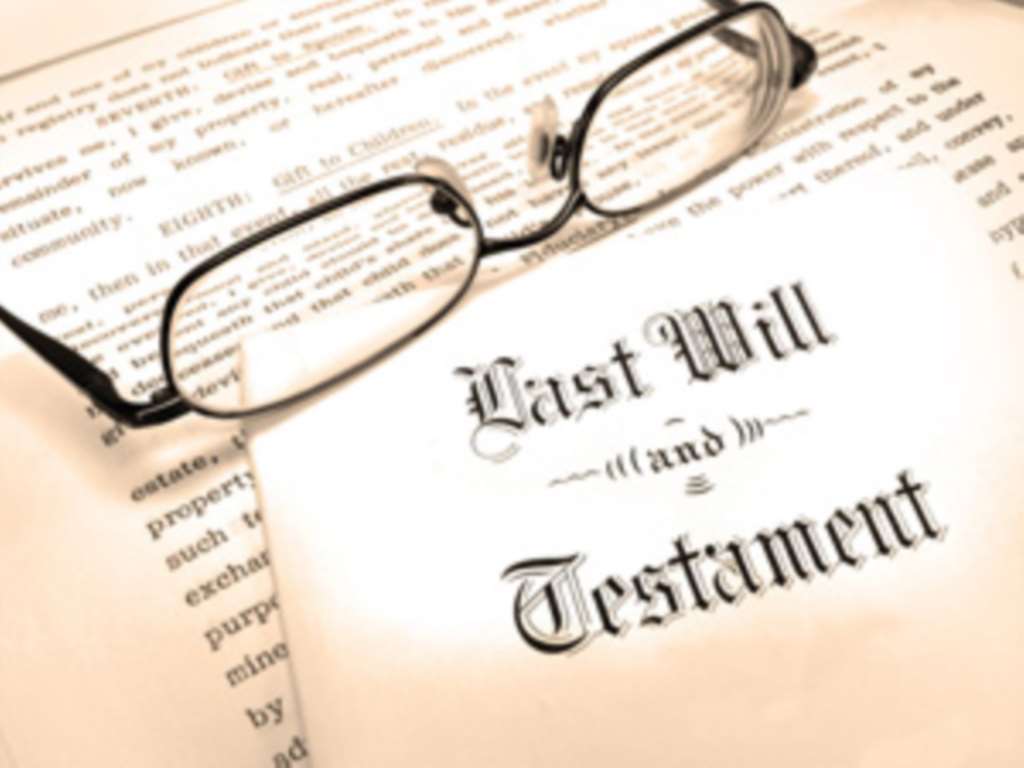
Date Published 13 August 2015
Being asked to act as an executor to an estate can be a daunting task, but it doesn't't have to be. Despite it probably feeling quite an honor to be trusted to carry out the wishes of the deceased as stated within their will, what else does it entail?
Not only will you need to deal with the paperwork involved, such as applying for a grant of probate, being the document which gives you the right to distribute someone's estate in accordance with their will, but also paying for the funeral and administrative costs using the money from the estate. In addition you will have the task of distributing gifts specified to the beneficiaries mentioned.
When applying for a grant of probate you will have to ensure the required paperwork and documents are in order.
This includes:
• Establishing whether there is any money owed to the deceased and their estate, such as from a tax rebate, pension etc.
• Preparing a detailed list of the deceased's assets, including property, money, possessions and debts. This will include gaining valuations on the higher-value possessions generally being the property or maybe antiques.
• Deducting any debts from the estate value, such as a mortgage or credit card debt, as well as inheritance tax (IHT) where relevant. IHT is payable at 40 per cent on an estate worth over £325,000.
• Resolving any tax issues, by informing the tax office of someone's death as well as paying income tax and capital gains tax that may be owed.
• Preparing and sending documents required by the probate registry and HM Revenue and Customs.
The time taken to deal with an estate can vary according depending on its size and the complexity of their affairs. Once probate has been granted by the probate registry, it is up to the executor to pay outstanding debts as well as other expenses, such as probate fees, and to pay the beneficiaries of the will.
But please remember though, as an executor you can be personally liable for any losses to the beneficiaries and creditors. Examples of this include any losses to the estate you could reasonably avoided, not paying debts, taxes or interest, or selling assets for less than their real value.
If you do have concerns there are specialist probate services or solicitors will often be appointed as joint executors will make the process much easier and reduce the risks of being liable if something goes wrong. Do however consider extra the costs involved, fees can vary considerably and they can be chargeable by the hour or as a percentage of the estate value.